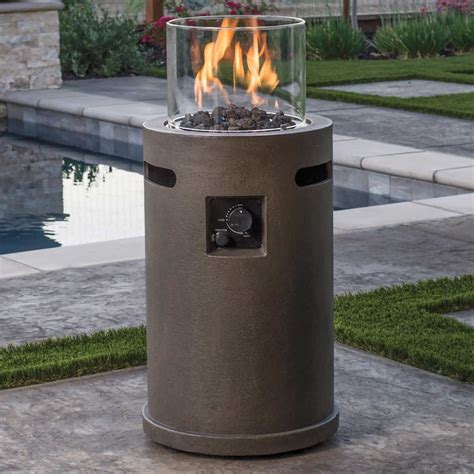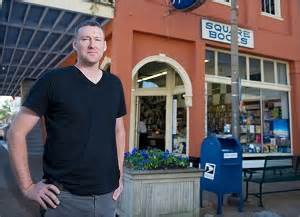A Quote by Cressida Cowell
The dragons I would write about would not be the rather generalized, big, green things that I had read about in storybooks. What I wanted to create was a multiplicity of different dragon species, of all shapes and sizes, adapted to their environment and habitats in the same way as birds or other animals we see today.
Related Quotes
Without birds to feed on them, the insects would multiply catastrophically. The insects, not man or other proud species, are really the only ones fitted for survival in the nuclear age. The cockroach, a venerable and hardy species, will take over the habitats of the foolish humans, and compete only with other insects or bacteria.
I remember nothing about it except a philological fact. My mother said nothing about the dragon, but pointed out that one could not say 'a green great dragon', but had to say 'a great green dragon'. I wondered why, and still do. The fact that I remember this is possibly significant, as I do not think I ever tried to write a story again for many years, and was taken up with language.
Dragons, you know, we have a good deal of biology and zoology about the dragon; we know their habits. The dragon tends to guard things, and he usually has these guarded in a cave... Now dragons don't know what to do either with beautiful girls or gold, but they just hang on. There are people like this. We call them creeps.
I would give them (aspiring writers) the oldest advice in the craft: Read and write. Read a lot. Read new authors and established ones, read people whose work is in the same vein as yours and those whose genre is totally different. You've heard of chain-smokers. Writers, especially beginners, need to be chain-readers. And lastly, write every day. Write about things that get under your skin and keep you up at night.
I became an actor at a very young age, but I also had a deep respect for nature and I think I was sort of a little biologist when I was younger. I watched documentaries on rainforest pollution and the loss of species and habitats for animals around the world. It affected me in a very hardcore, emotional way when I was younger. So, later in life I wanted to continue that path more and investigate and learn more about ecological issues.
One of the things I always underscore when I teach criticism is that young critics, or would be critics, frequently have this illusion that if they write about music they're somehow part of music, or if they write about movies they're part of movies, or of they write about theater they're part of theater, or write about literature. Writing is a part of literature, we belong the species of literature. If you add all the music reviews together that have ever been written, they don't create two notes of music.
I don't think about the reader in any conscious way that impacts the writing, as far as, Hey, most readers would like this! But at the same time, if it were presented to me: "John, you're going to write a novel. It's going to take you a few years. When you're done with it, there's a law that no one's allowed to read it." I don't think I would write it. I want someone to read it!



































